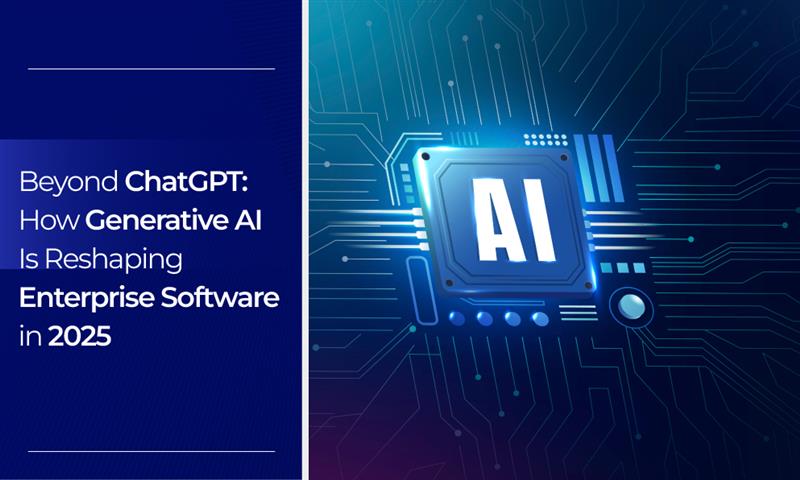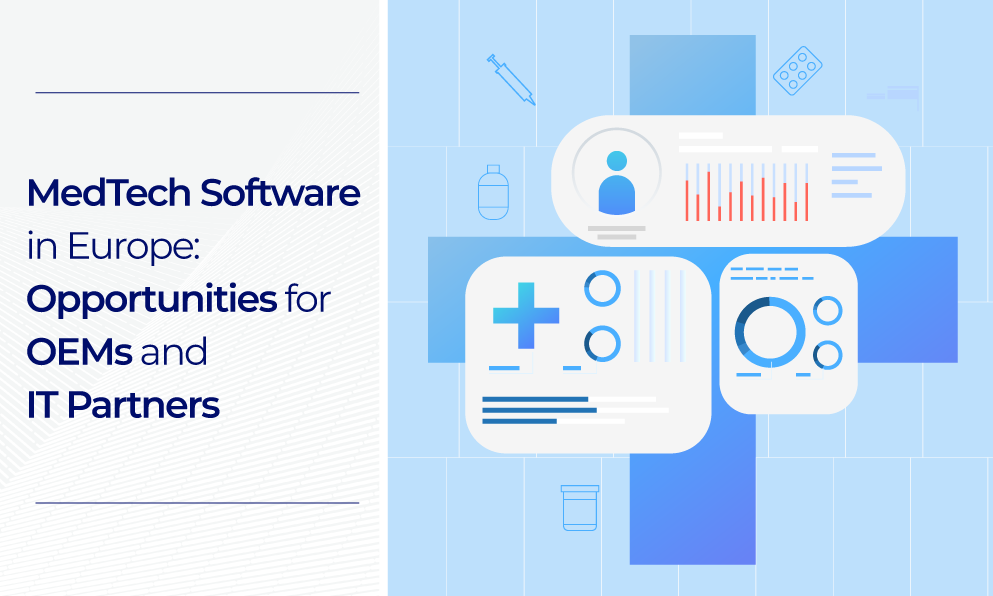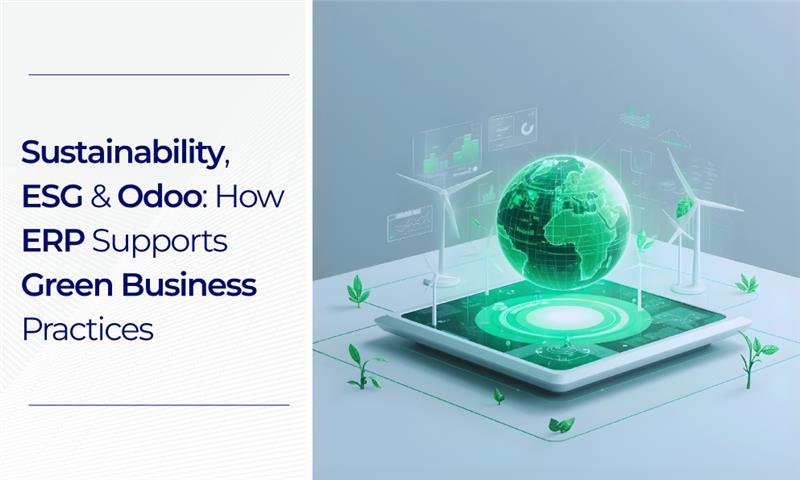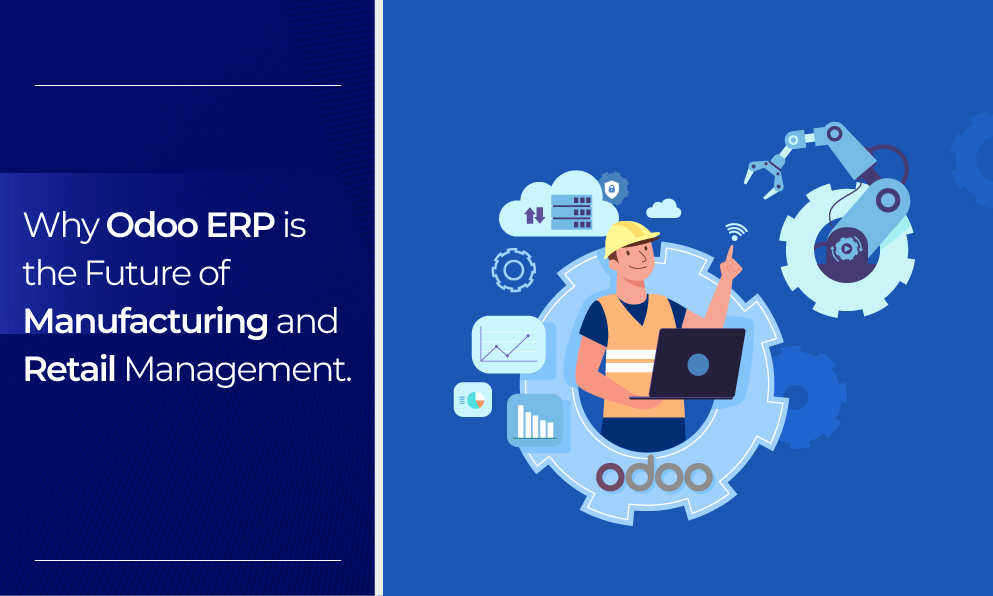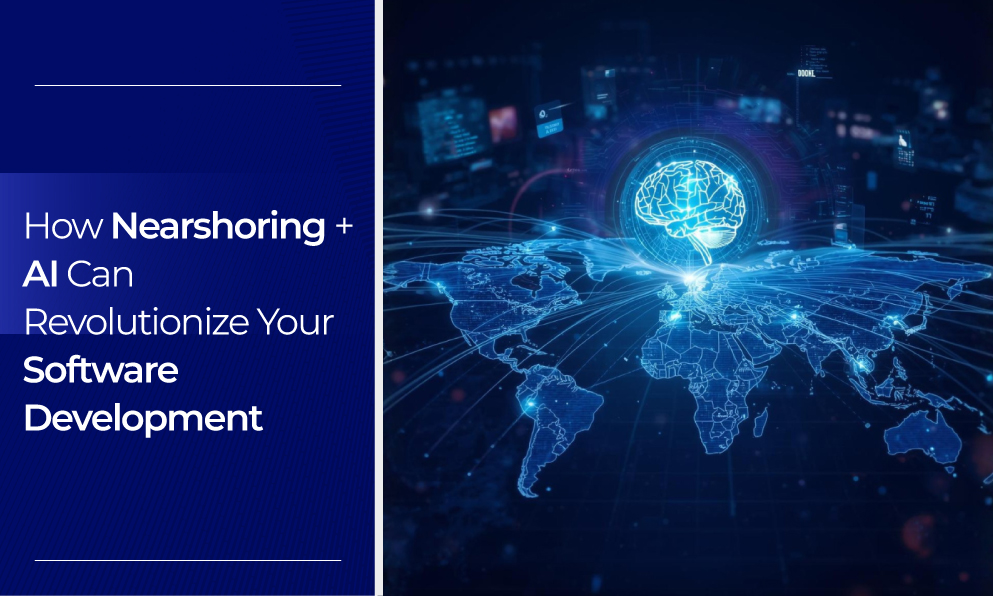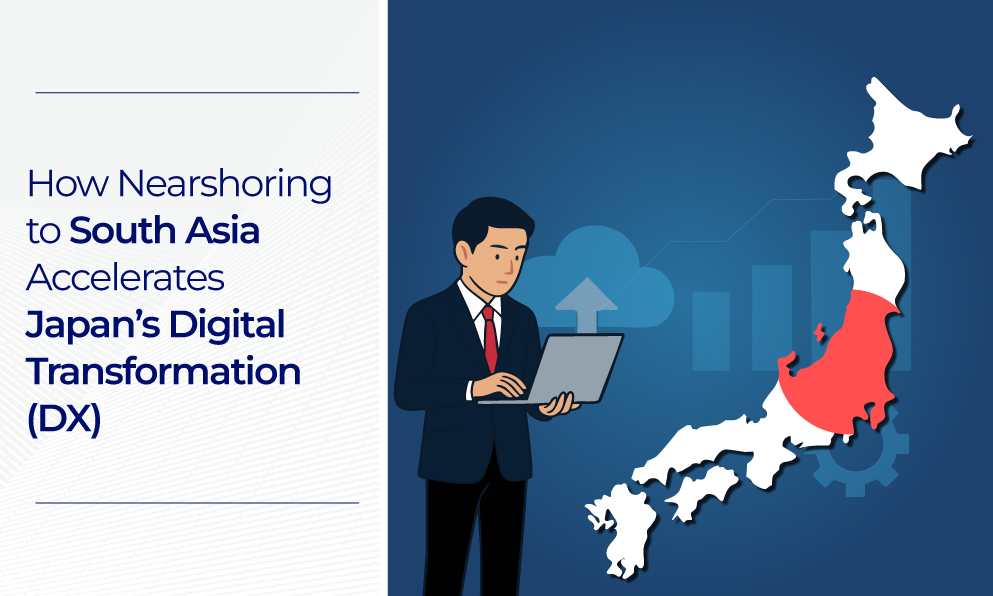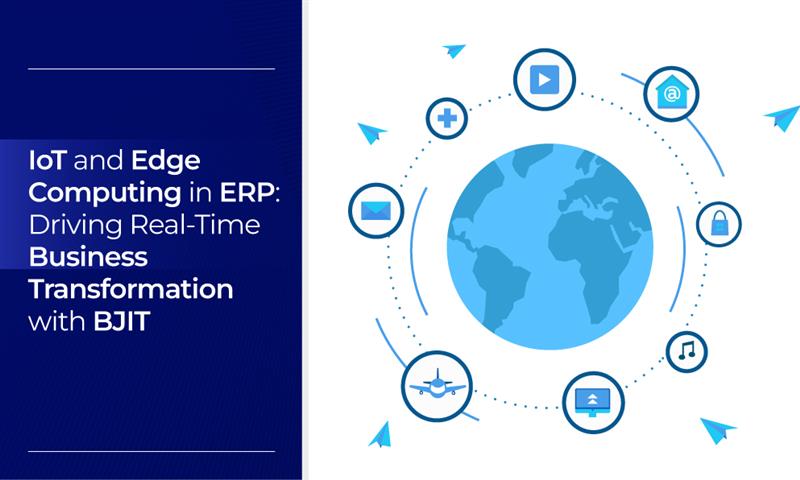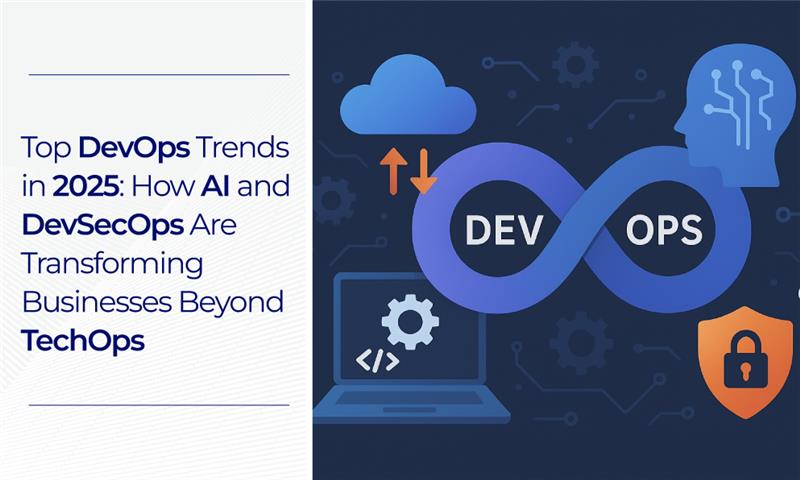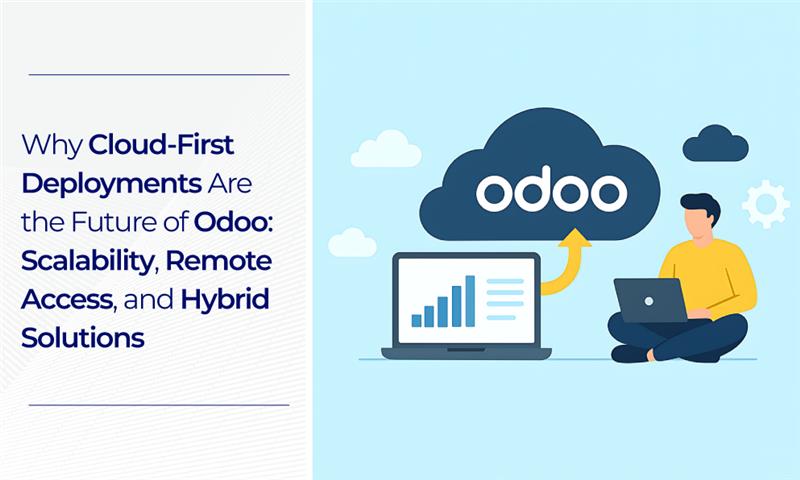Introduction: From Conversational AI to Enterprise Intelligence
The release of ChatGPT signaled a new era for artificial intelligence (AI), captivating the world with its conversational capabilities. However, its significance extends far beyond chat. In 2025, Generative AI (GenAI) has emerged as a transformative force for enterprise software, redefining how organizations operate, make decisions, and innovate.
Unlike traditional AI, which operates within predefined rules, Generative AI learns patterns from massive datasets and creates novel outputs — from predictive insights to automated code — enhancing both operational efficiency and strategic decision-making. For businesses, this technology represents a strategic lever that can dramatically improve processes across ERP, CRM, analytics, and more.
Companies like BJIT are leading this transformation, integrating Generative AI into enterprise software solutions to help businesses achieve efficiency, reduce operational risks, and unlock actionable insights.
1. Generative AI: The New Paradigm for Enterprises
Generative AI refers to a subset of AI that can produce new content, ideas, or solutions rather than simply analyzing existing data. Large language models (LLMs) such as GPT-5, Gemini, and Claude 3 exemplify this capability, enabling enterprises to automate complex tasks and derive insights that were previously human-dependent.
According to McKinsey (2025), 72% of global enterprises have implemented at least one form of Generative AI in their operations, with adoption rising fastest in IT, finance, and manufacturing.
Key enterprise applications include:
- Predictive Analytics: Forecasting demand, revenue, and operational risks.
- Automated Content & Reporting: Generating dashboards, summaries, and documentation.
- Customer Engagement: Personalized communications and recommendations.
- Software Development: AI-assisted coding, testing, and documentation.
Generative AI Adoption by Industry in 2025
2.Transforming ERP Systems with Generative AI
Enterprise Resource Planning (ERP) systems are the backbone of modern organizations, centralizing finance, operations, HR, and supply chain data. Traditionally, ERPs were reactive systems, providing static reports and transaction tracking. Today, Generative AI transforms ERPs into proactive, intelligent platforms.
Key Benefits of AI-Enabled ERP
- Predictive Insights: AI forecasts inventory needs, supply chain disruptions, and cash flow trends.
- Automated Workflow Suggestions: Optimizes approvals, purchase orders, and operations based on real-time data.
- Dynamic Reporting: Auto-generates dashboards and executive summaries for better decision-making.
Example: BJIT’s Odoo implementation services leverage AI to create predictive supply chain models. A client in manufacturing improved forecast accuracy by 20%, reducing overstock costs while avoiding shortages.
Implementation Tips
- Data Preparation: Ensure high-quality, clean datasets.
- Model Fine-Tuning: Customize pre-trained models for industry-specific workflows.
- Integration: Embed AI into existing ERP modules for seamless operations.
- Continuous Learning: Update models as data evolves to maintain accuracy.
3. Intelligent CRMs: Predictive and Generative
Customer Relationship Management (CRM) platforms have moved beyond data tracking. AI-powered CRMs now anticipate customer needs, generate personalized communication, and optimize sales strategies.
Capabilities
- Lead Scoring: Predicts which prospects are most likely to convert.
- Automated Content: Generates emails, proposals, and follow-ups tailored to each client.
- Insight Recommendations: Suggests the next best action for sales teams.
For instance, Salesforce Einstein GPT, integrated by BJIT’s Salesforce experts, allows sales teams to increase forecast accuracy by 18%, while reducing administrative workload. Combined with ERP data, AI-driven CRMs create cross-functional intelligence, linking sales, finance, and operations.
4. AI-Powered Business Intelligence and Analytics
Traditional Business Intelligence (BI) required analysts to interpret dashboards and generate insights manually. Generative AI allows executives to query systems in natural language and receive actionable answers.
Example Use Cases:
- “What factors led to a 10% revenue drop last quarter?”
- “Generate a risk assessment for the upcoming supply chain scenario.”
Comparison Table: Traditional vs AI-Powered BI
BJIT’s AI integration services transform BI platforms, making enterprise analytics dynamic, predictive, and highly actionable.
5. Generative AI in Software Development
Generative AI is revolutionizing software engineering by automating coding, testing, and documentation.
Key Advantages
- Code Generation: Rapid creation of modules and scripts.
- Automated Testing: Detects errors and generates test cases.
- Documentation Automation: Produces structured, readable manuals.
BJIT’s approach to AI-assisted development has reduced project timelines by up to 40%, while improving compliance and code quality.
6. Ethical, Security, and Governance Considerations
Generative AI’s adoption introduces risks in data privacy, bias, and compliance. Enterprises must address:
- Data Governance: Ensure AI models use anonymized or consented data.
- Bias Mitigation: Validate outputs to prevent discrimination.
- Explainability: Maintain transparency to comply with audit requirements.
BJIT’s Solutions:
- Human-in-the-loop validation
- ISO 27001 & SOC2-compliant frameworks
- Secure model training on anonymized datasets
This ensures clients implement AI responsibly, without compromising data security or ethics.
7. Industry Applications and Case Studies
Manufacturing
- Predictive maintenance with AI reduces downtime by 22%.
- Process optimization simulations help cut costs by 15%.
- BJIT implementation: Odoo ERP with AI forecasting.
Financial Services
- AI-driven forecasting improves revenue predictions and fraud detection.
- Reduced manual reporting effort by 60%.
- BJIT implementation: Salesforce Einstein GPT integration.
Retail
- AI-generated recommendations increase customer engagement by 25%.
- Inventory optimization prevents stockouts and overstock.
- BJIT implementation: AI-enabled ERP and CRM dashboards.
HR
- Automated candidate screening and interview planning accelerates hiring.
- Reduces bias and ensures consistent evaluation.
- BJIT implementation: Xamify AI recruitment platform.
8. Market Trends and Economic Impact
The global Generative AI market is projected to reach USD 356 billion by 2030, growing at a CAGR of 34% (Statista, 2025). Enterprises adopting AI experience measurable benefits:
- Increased operational efficiency: 20–30% cost reduction
- Revenue growth: 10–18% improvement via predictive analytics
- Time savings: Automation reduces manual work by up to 60%
Generative AI Market Forecast by Sector (2025–2030)
9. Practical Guidelines for Enterprise AI Implementation
- Data Strategy: Clean, structured, and compliant datasets.
- Model Selection: Choose between foundation models and fine-tuned models for industry-specific needs.
- Integration: Embed AI into ERP, CRM, and BI for cross-functional intelligence.
- Employee Training: Ensure staff understand and trust AI outputs.
- Monitoring & Optimization: Continuously evaluate AI performance and update models.
10. BJIT: Your Trusted Partner for AI Integration
BJIT helps enterprises integrate Generative AI into ERP, CRM, and analytics platforms, ensuring tangible business value.
Key Services
- Custom AI Development: Tailored to industry workflows
- ERP & CRM Integration: AI-enhanced operational intelligence
- AI Analytics & BI: Predictive dashboards, automated insights
- Conversational AI: Chatbots and NLP solutions for enterprise use
- Ethical & Compliant AI: Data privacy, bias mitigation, ISO-certified frameworks
Learn more:
BJIT AI Solutions
BJIT combines Bangladeshi engineering excellence with European project oversight (Etteplan partnership) for scalable, cost-effective, high-quality AI solutions.
11. The Future: Human-AI Collaboration
The most impactful enterprise software in 2025 and beyond will augment human intelligence, rather than replace it. Enterprises can expect:
- Continuous learning from interactions
- Multimodal AI integrating text, images, and voice
- Unified intelligent systems combining ERP, CRM, and BI
BJIT helps organizations prepare for this future, building adaptive, predictive, and collaborative enterprise software systems.
12. Conclusion
Generative AI is reshaping enterprise software faster than any previous technological innovation. From AI-powered ERP and CRM to intelligent analytics and automation, enterprises that integrate Generative AI strategically will gain operational efficiency, actionable insights, and a competitive edge.
BJIT enables enterprises to transition seamlessly into this AI-driven future, providing solutions that are innovative, secure, and ethically designed.
Ready to Transform Your Enterprise?
Partner with BJIT for AI-powered ERP, CRM, and analytics solutions, and position your organization for a future-ready, intelligent enterprise. Visit: BJIT AI Solutions
References (APA 7th Edition)
McKinsey & Company. (2025). State of AI 2025: Enterprise adoption and impact. McKinsey Digital.
Salesforce. (2025). Einstein GPT for CRM: The Future of AI-driven Sales. Salesforce Whitepaper.
Statista. (2025). Global Generative AI Market Outlook 2025–2030.
Gartner. (2024). AI-Driven ERP: The Next Generation of Enterprise Software. Gartner Research.
BJIT Group. (2025). AI and Enterprise Software Integration Services. Retrieved from https://bjitgroup.com/
